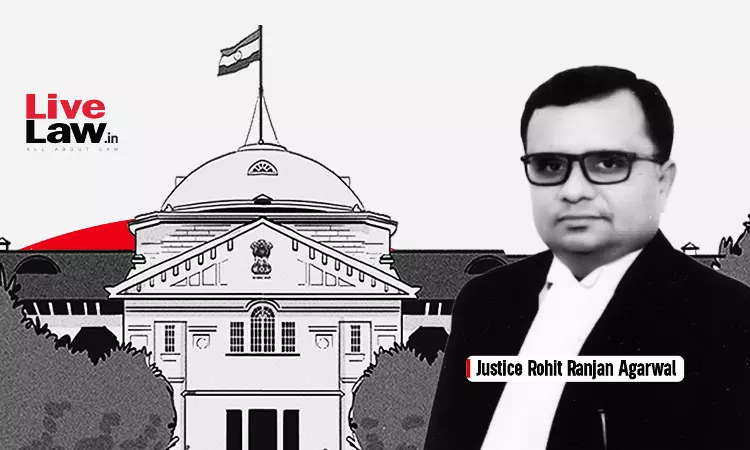India's Majority Population Would Be In Minority One Day If Conversions In Religious Congregations Not Stopped: Allahabad HC
Sparsh Upadhyay
1 July 2024 9:36 PM IST

Next Story
1 July 2024 9:36 PM IST
Update on September 27 - Allahabad HC's General Observations On Religious Conversions & 'Majority Becoming Minority' Were Uncalled For: Supreme CourtThe Allahabad High Court today observed that if the current trend of conversions during religious congregations is permitted to continue, the majority population of the country could eventually find itself in the minority one day.With...
